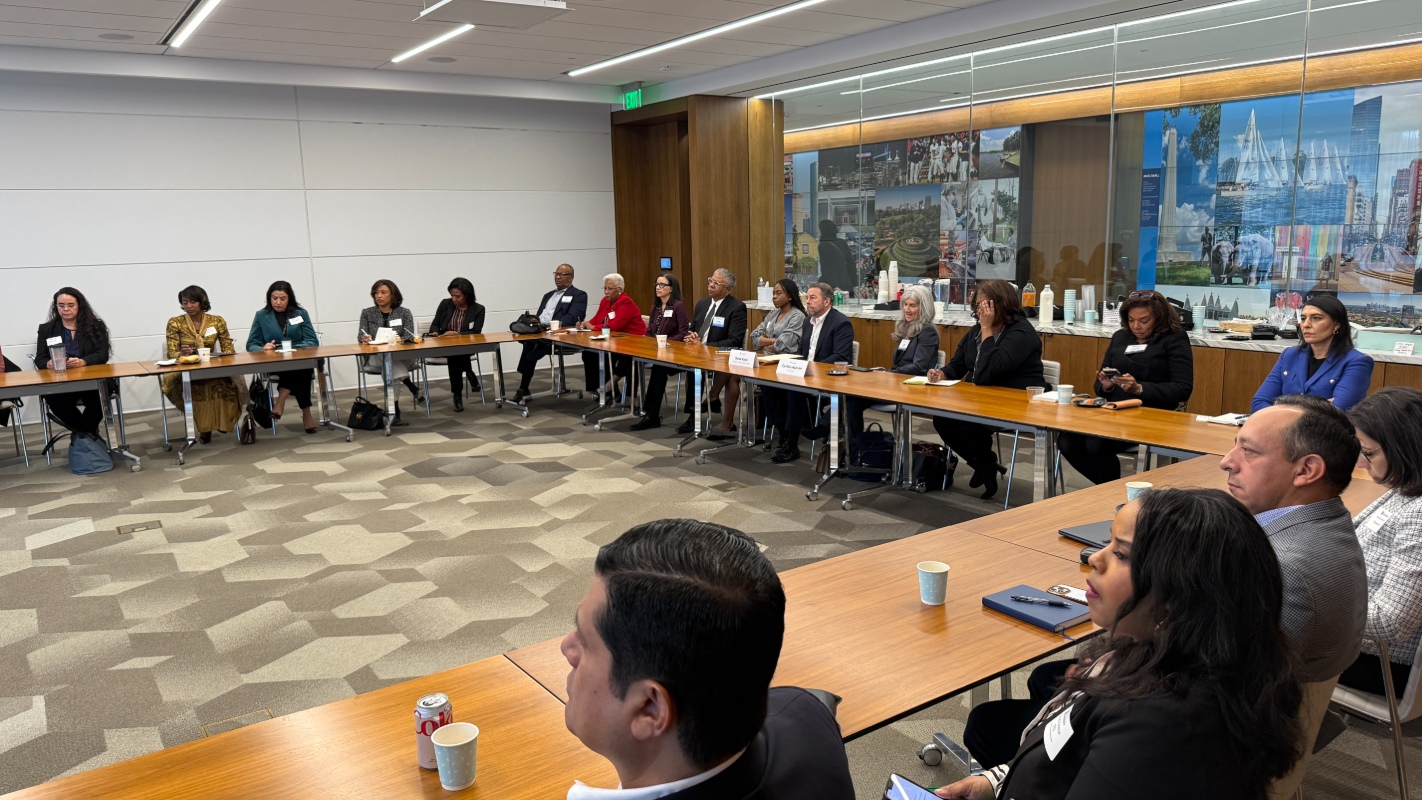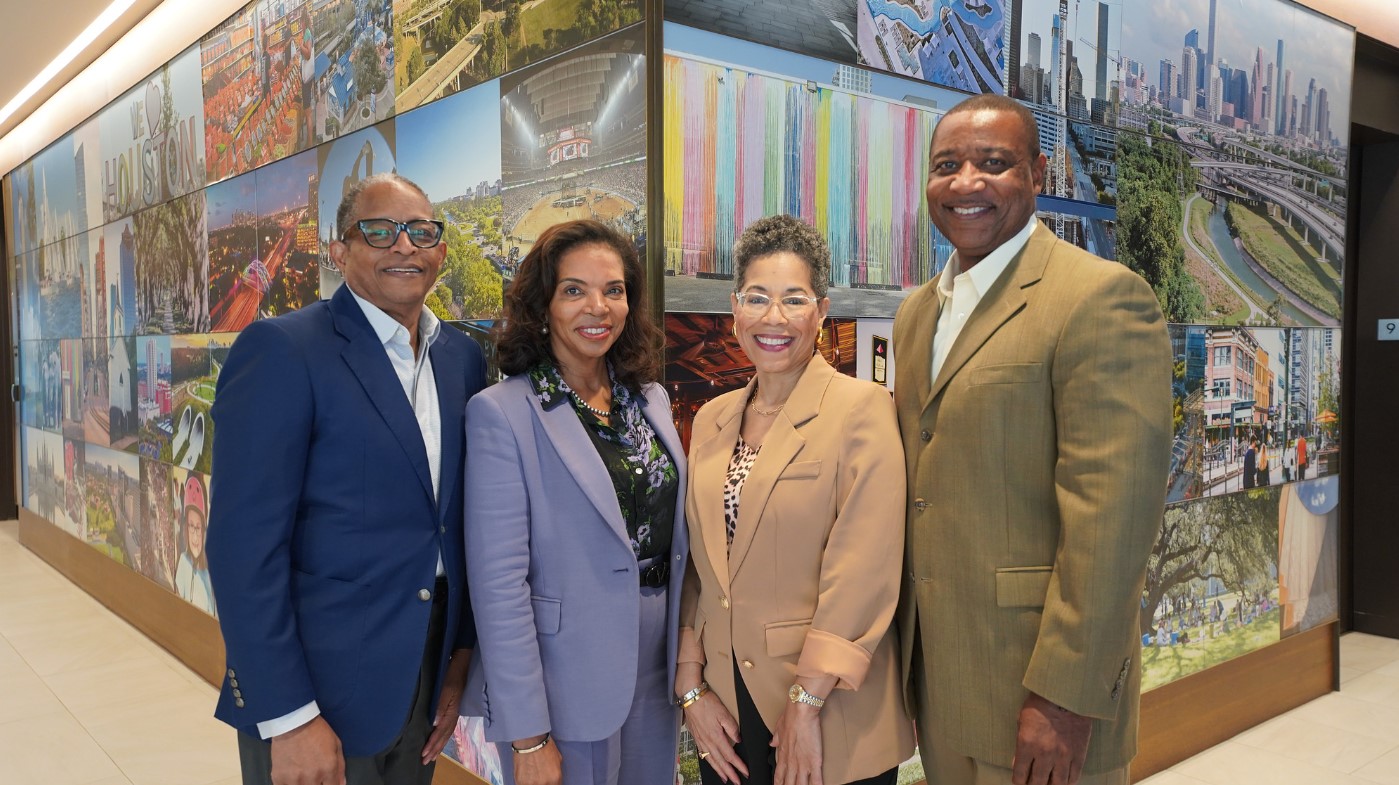Houston Ranks No. 5 in Nation for Minority-Owned Startups, But Hurdles Remain
Published Feb 04, 2021 by A.J. Mistretta
The most diverse city in the nation is also a hub for minority entrepreneurship, according to a new analysis of Census data by the fintech company Self.
Houston ranks No. 5 among the nation’s largest metros when it comes to the percentage of minority-owned startups. The report shows that nearly 5,600 startups in the Houston metro region are minority-owned—or about 30% of all companies less than two years old. Together, these minority businesses employ more than 22,700 workers in the region.
But in a region where minorities make up 64% of the population, clear inequities in entrepreneurship remain in Houston that mirror the rest of the nation. “As 2020 has illustrated, opportunities to participate and succeed in the entrepreneurial economy are not equally distributed by race and ethnicity,” the report stated.
The first and most significant structural barrier for would-be minority entrepreneurs is access to capital. The report points out that minority households on the whole have lower pre-existing wealth and savings to put towards a new business while banks are often less likely to approve loans for Black and Hispanic small-business owners. “Without upfront capital to invest in a growing business, minority entrepreneurs struggle to run and scale their operations.”
Nationally, Hispanics represent about 18% of the population but just 7% of startup owners. For Black Americans, those figures break out to just 12% and 3% respectively. Meanwhile, Non-Hispanic Whites make up 60% of the U.S. population but own nearly 80% of the nation’s startups.
Despite the challenges, there are currently close to 170,000 minority-owned startups in the U.S. employing more than 700,000 workers and generating close to $100 billion in annual revenue, the report shows. Based on demographic trends, these numbers are likely to grow as the population continues to diversify.
“As minority entrepreneurs, we are very good at our craft and our profession, however most of us have not functioned as a CEO before,” said Ed Ryland, President and CEO of Houston-based ARVO Realty Advisors. “I use this scenario to explain: I can be a great widget maker, however this does not mean I can run and build a great widget making factory. There are skills that need to be developed.”
Ryland, whose company is a member of the Partnership, said he would rather be an entrepreneur in Houston than anywhere else because of the support city leadership has demonstrated for entrepreneurs and the tight network of diverse entrepreneurs that works to help one another. “We have come a very long way,” he said. “However, the research shows we still have work to do.”
Ryland said there are steps Houston can take to help close the entrepreneur disparity gap. He points to stronger mentorship, better advocacy for minority businesses among corporate CEOs, new creative funding sources and a focus on attracting and retaining top talent to minority-owned firms.
To create the report, Self analyzed data from the U.S. Census Bureau’s Annual Business Survey and calculated the percentage of all startup firms less than two years old that are minority-owned.
 The Houston Report
The Houston Report




















